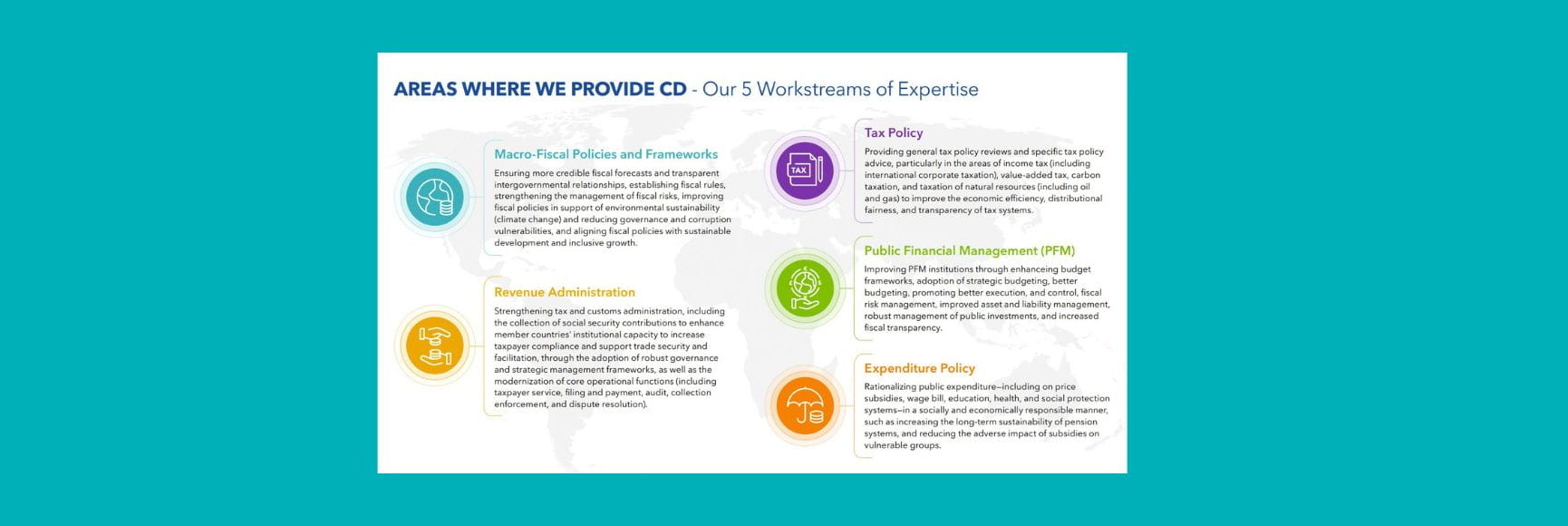Posted by Eric Mottu (Middle East and Central Asia Department) and Marco Cangiano (Fiscal Affairs Department)
This year’s world developments, but more specifically in Europe, have brought to the front once again the issue of how to monitor, coordinate, and, if needed, support individual states’ fiscal policies within a currency union. The issue is relevant not only for Europe, but also for a number of potential currency unions or economic cooperation efforts under discussion in various parts of the globe, such as in the East Africa Community (EAC) and the Gulf Cooperation Countries (GCC).
A few weeks ago, the IMF’s Managing Director Dominique Strauss-Kahn proposed giving a greater role to the center in the European Monetary Union’s (EMU) fiscal framework. In a speech titled Towards a new Fiscal Framework for the Euro Area given in Brussels, the Managing Director (MD) noted that an international currency union can only survive if it also has strong fiscal coordination mechanisms. This is mainly because in the absence of such mechanisms, (i) the burden of country-specific shocks falls entirely on individual nations—which can be too much to bear, especially in hard times; and (ii) all members of the union must bear some of the costs of adverse national policies—which gives rise to a moral hazard problem. The EMU’s fiscal framework already incorporates some coordination mechanisms, the MD said, such as speed limits and radars (the deficit and debt targets, and the Commission), but lacks effective traffic police, traffic court, and emergency roadside assistance! The newly created European Financial Stability Facility has temporarily addressed the latter issue, but the recent crisis has laid bare major gaps on the other ones. A more centralized fiscal authority would be an ambitious solution to the lack of coordination mechanisms, the MD said. But it may be a long way out. Reinforcing the center should be explored in the meantime, mainly through two pillars: (i) smarter enforcement of EMU’s fiscal rules; and (ii) a larger central budget.
The case for a central fiscal institution has been around for quite some time (including as discussed in Dominique Strauss-Kahn’s 2002 book La Flamme et la Cendre), particularly ahead of the launch of the EMU. Around that time, we published a working paper Will Fiscal Policy Be Effective Under EMU? (IMF WP/98/176) that, besides surveying the relevant literature, tried to answer questions such as “Should macroeconomic stabilization be centralized or decentralized in EMU?”, “Will the envisaged policy coordination framework be effective?” and “Is there a role for a central fiscal authority?”
We suggested the following alternatives to the policy coordination mechanism embedded in the EMU’s fiscal framework: (1) a central fiscal authority that would manage a stabilizing transfer system; (2) a “war chest” to be used for discretionary expansionary policies; and (3) an authority organized like the IMF (i.e., a “European Monetary Fund”).
In that paper we concluded (page 28): “In the short term, enhanced coordination may be able to address most of the above-mentioned issues in a satisfactory way. But while EMU is launched in a favorable economic upturn, the business cycle may change direction in the medium term and lead to economic difficulties. These may reveal that the SGP does not achieve as much cohesion as intended, and may require either more flexibility in its procedures or a more strongly coordinated policy response. In such context, a central fiscal authority, endowed with some funds, may prove an effective instrument for macroeconomic stabilization. And while the current flexible framework may be sufficient in the short- and medium term, it may have to be strengthened progressively in the long run to address the demands and the needs of fiscal policy regarding allocation, redistribution, and stabilization, as both integration proceeds and a sense of European unity grows.”
While by all means we were not alone in raising the issue, it is interesting how debates on such matters seem to go and come around periodically. What is the lesson here? Besides some personal vindication, of course, and more from a public financial management point of view, the lesson is that designing appropriate supranational fiscal institutions matters: these are now becoming an essential feature not only in the literature but also in reality. For frustrated researchers, such all those who produced papers on how to handle a fiscal surplus, don’t despair: your papers will come handy once again.
Note: The posts on the IMF PFM Blog should not be reported as representing the views of the IMF. The views expressed are those of the authors and do not necessarily represent those of the IMF or IMF policy.






